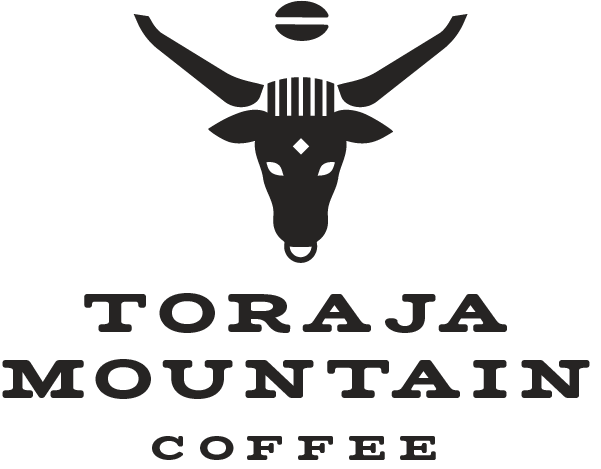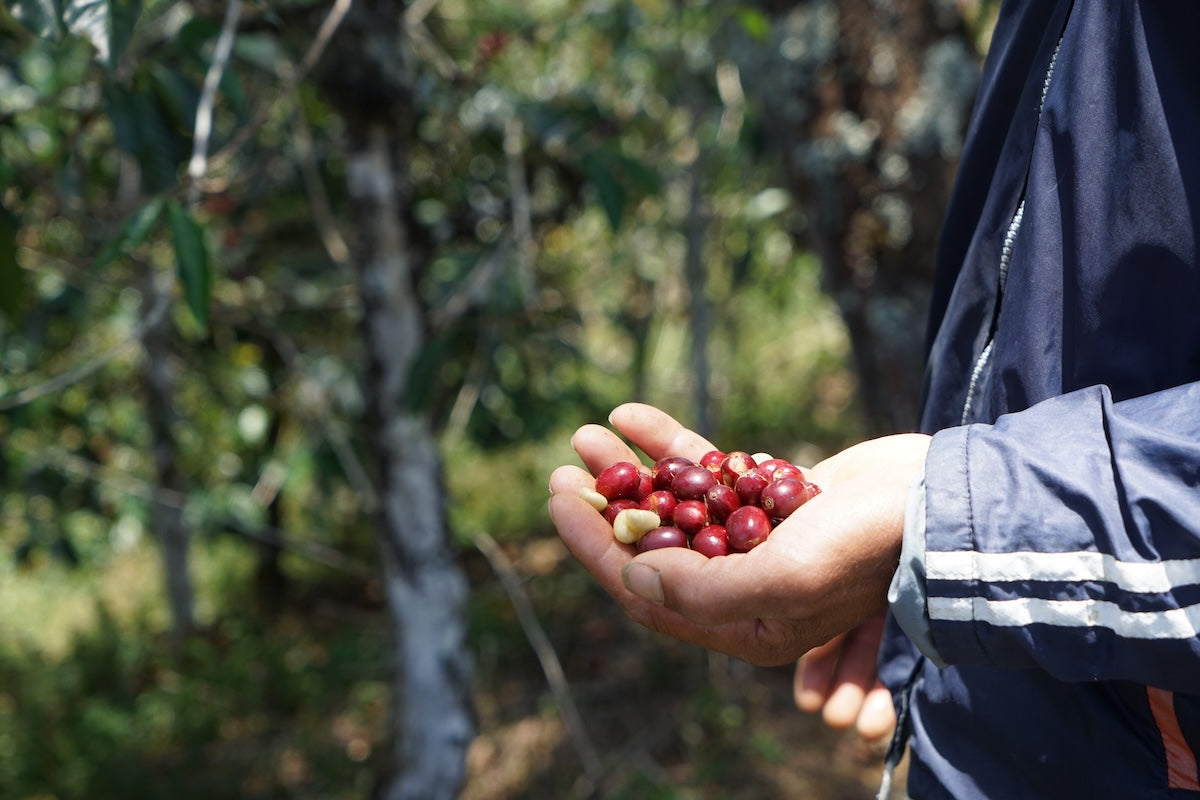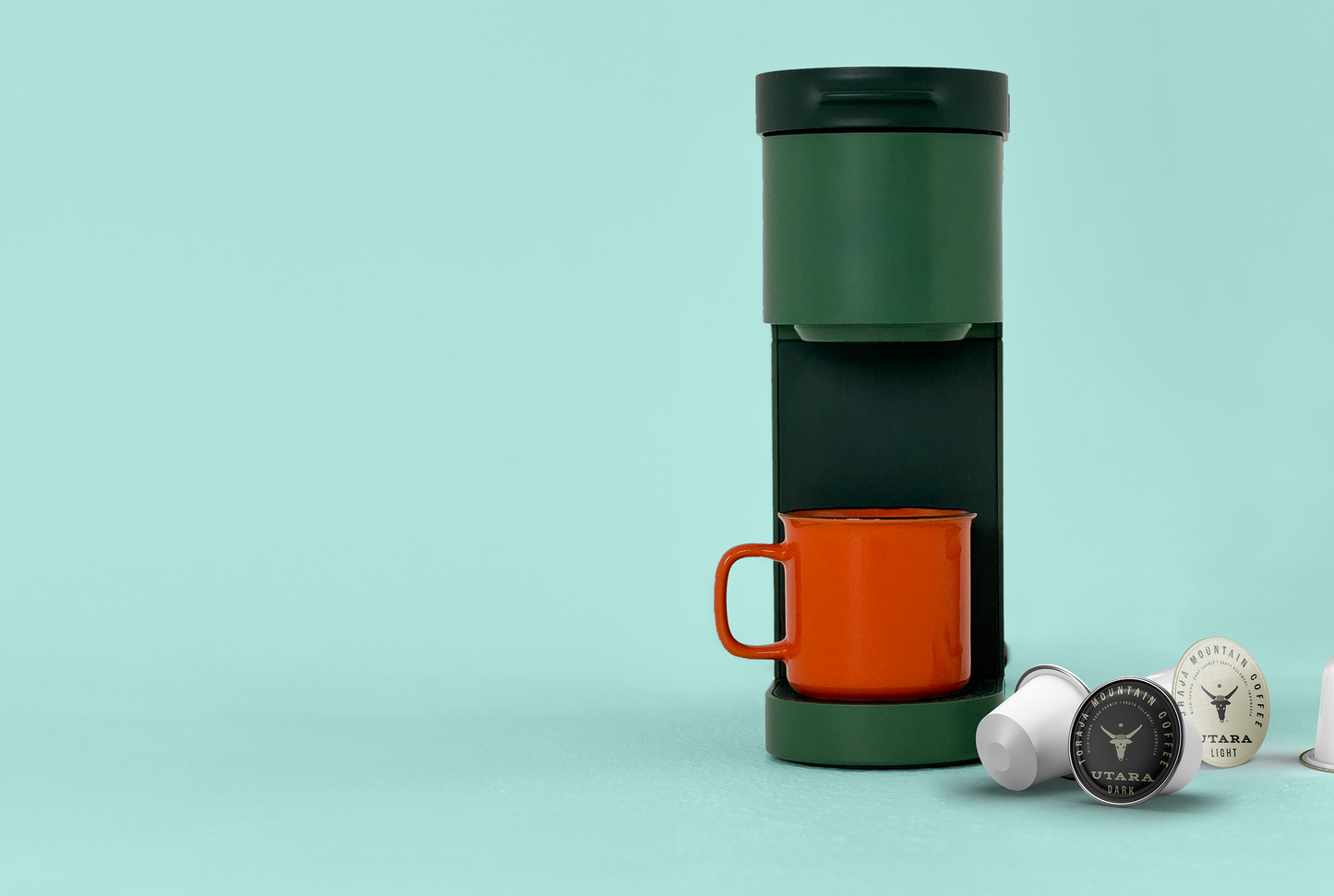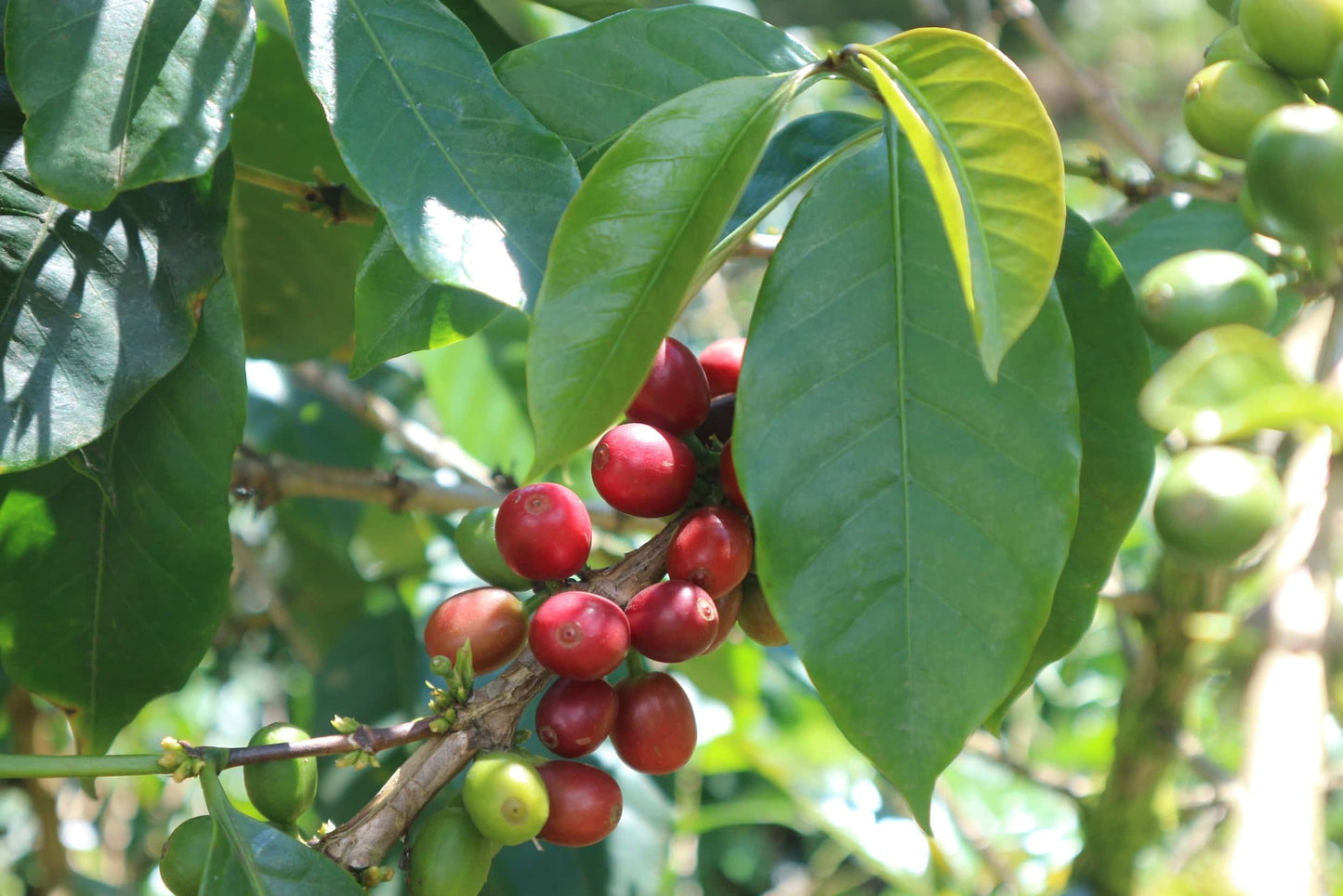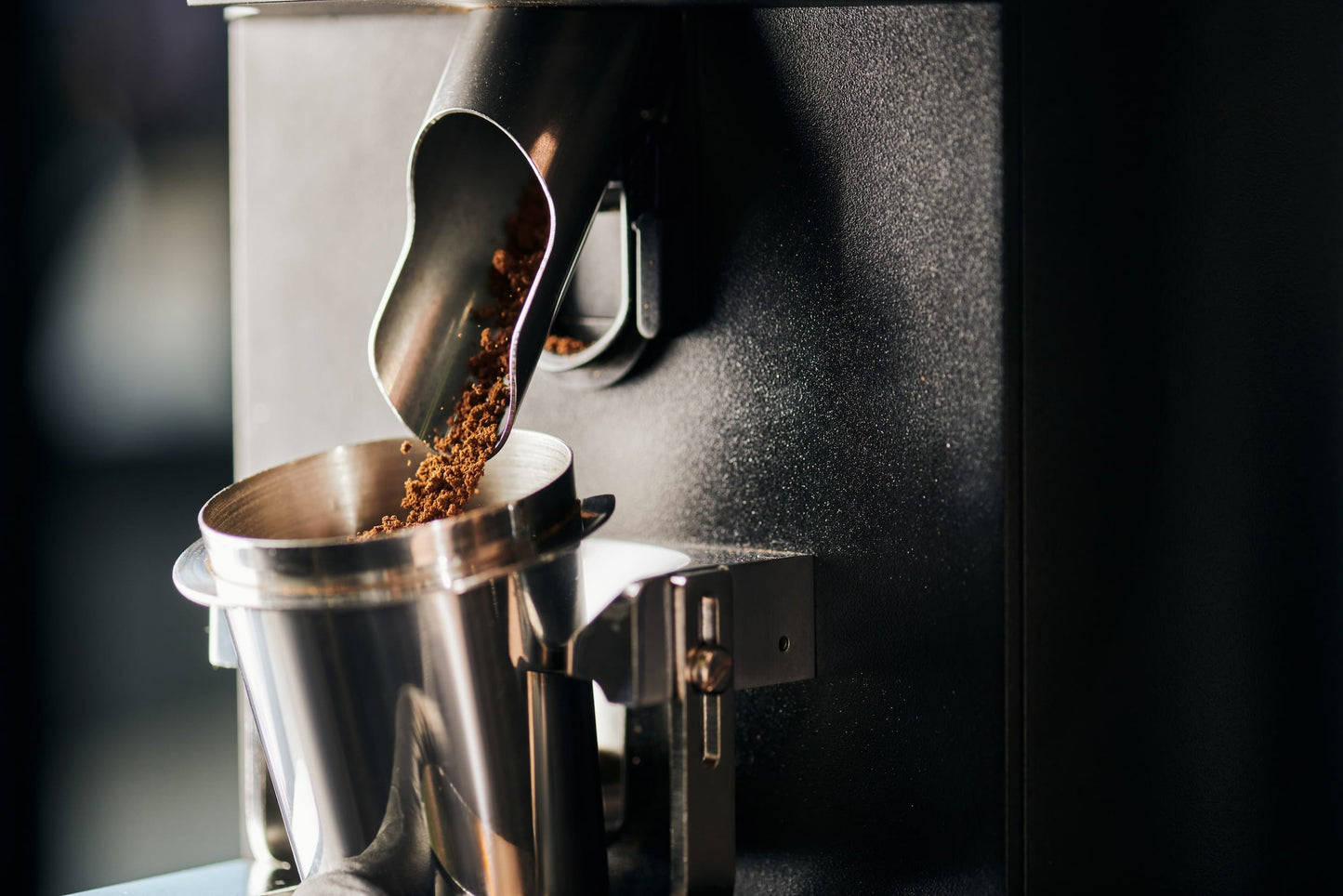
When it comes to Indonesian coffee production, typically people think of Sumatra. Truthfully, it really is a big, beautiful island in Indonesia with more than 50 million inhabitants.
And delicious Indonesian coffees have been grown, harvested, roasted and shipped from the world-famous Sumatra region and enjoyed by coffee lovers for over a century.
In fact, it's where we get the word ‘java' from, because Java is one of the islands in the region. And for a time Sumatra coffee was considered highly prized and some of the best coffee in the world.
Just like our coffee grown in the Tana Toraja region, this Indonesian coffee from Sumatra is known for being 'low acid'. This is obviously good because the impact on the palate is less about the acidity, and more about the actual flavor of the coffee itself, rather than the chemical profile.
Low-acid coffee is also beneficial because it's easier on your stomach, creating much lower potential for acid reflux (aka heartburn) - while giving you plenty of room to enjoy more coffee without a tummy burn.
But the similarities between the Indonesian coffee that comes from Sumatra, and our coffee that hails from the mountaintops of Tana Toraja, South Sulawesi, Indonesia, end there.
Sulawesi Coffee
South Sulawesi is just as it sounds - it's the southern part of the Indonesian island of Sulawesi. In contrast to Sumatra, it is far less populated, way more rural, wild and mountainous, higher in altitude and much more secretive and protected, both in culture and farming practices.
But Toraja is even more unique. It's a remote region, featuring a collection of villages, high up in the mountain jungles. You have to ascend at least 10 hours from Makassar - the local port town, on the way to Toraja, while passing through magical villages like Langda and Rantepao. All the people are friendly, the local cuisine and coffee is amazing and the landscape is absolutely stunning.

Toraja Coffee Production
But what about the coffee beans from Toraja? What makes it them special?
Not only is it all wild-grown and hand-farmed premium Indonesian coffee, but the conditions in the air, humidity, soil, rain, temperature, etc all combine to create a coffee-growing environment unique to both Indonesia and especially Toraja. This applies to both the arabica coffee and robusta coffee beans grown in the region.

Up in the mountain jungles, the coffee plants tend to get more light, but are tempered with the shade from the various neighboring fruit plants growing in the same soil.
As we've mentioned before, our Indonesian coffee beans grow alongside banana, cacao, durian, soursop, vanilla, cloves and nutmeg, just to name a few. The high-altitude coffee beans also get more rain, but less humidity and cooler temperatures. But the real difference maker is the air pressure at these altitudes.
Coffee Cultivation
Up high in the mountains, the air pressure is lower. This affects plant growth in an interesting way. The plants tend to grow slower at higher altitudes due to the lower pressure. Thus the coffee plants spend more time growing their roots at first, before they start fruiting and expanding quickly in size. This creates a sort of “slow cooking” effect on the plants.
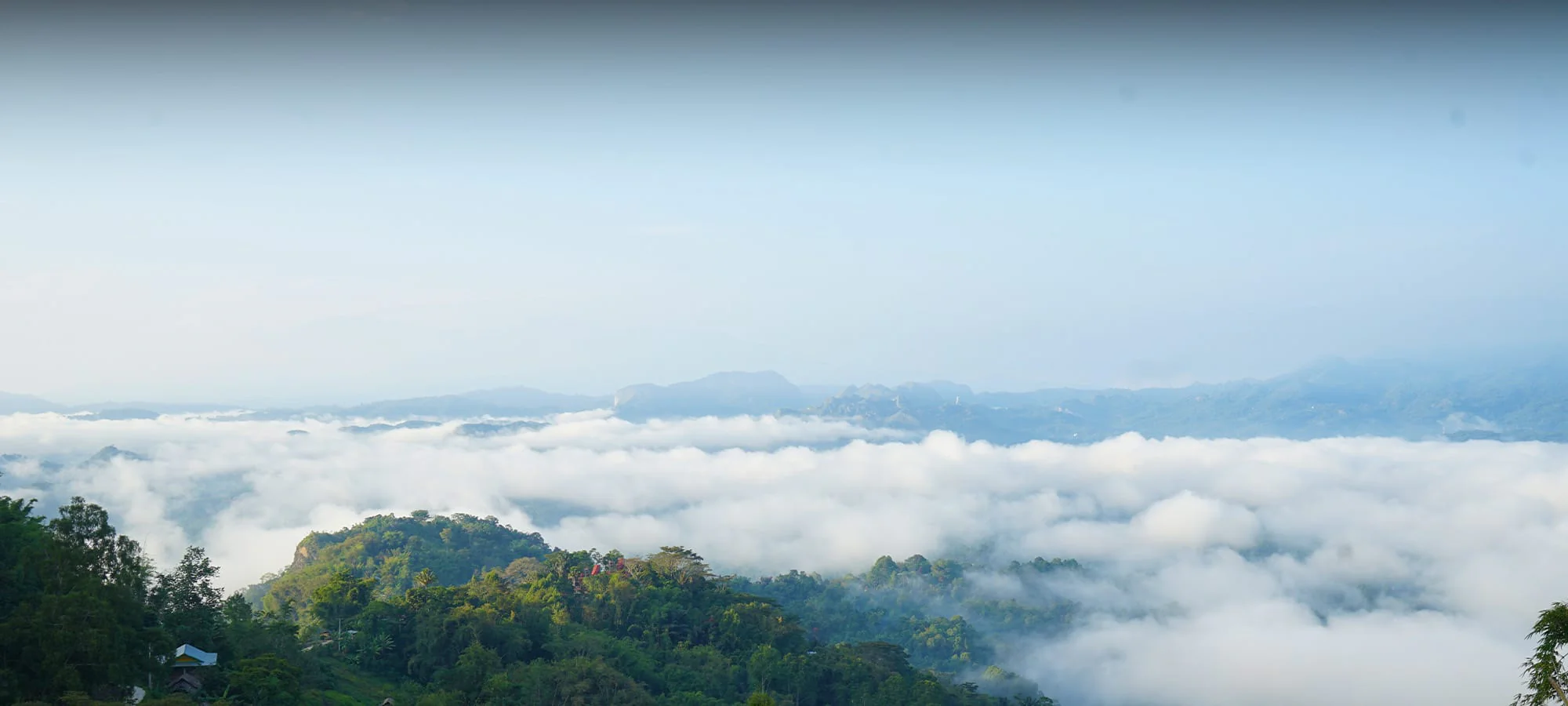
The plants have strong, deep root systems, pulling the nutrients from the soil efficiently, while also collecting their flavor profile and clarity from the biodiversity of neighboring fruit trees. Because remember coffee is a fruit, and the beans we grind, brew and drink are the seeds in the fruit, roasted to perfection.

So there's one of the key secrets as to why Toraja Mountain Coffee is simply the best Indonesian coffee available in the United States today.
The high altitude growing conditions produce a cleaner, healthier coffee plant. Resulting in a unique, delicious, wild-grown, hand-farmed coffee bean, that we then master roast here in Central Florida.

